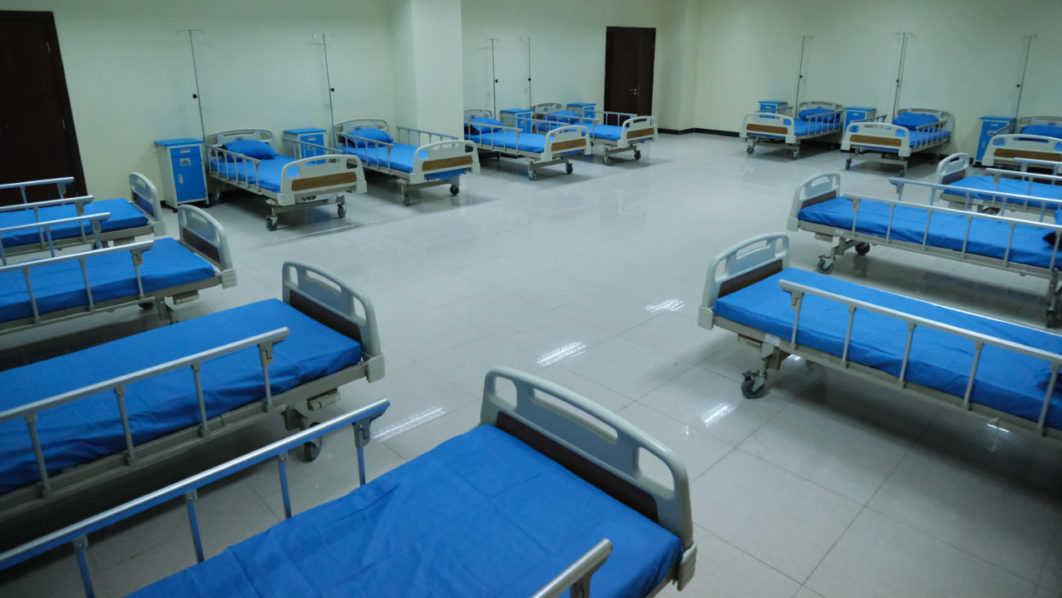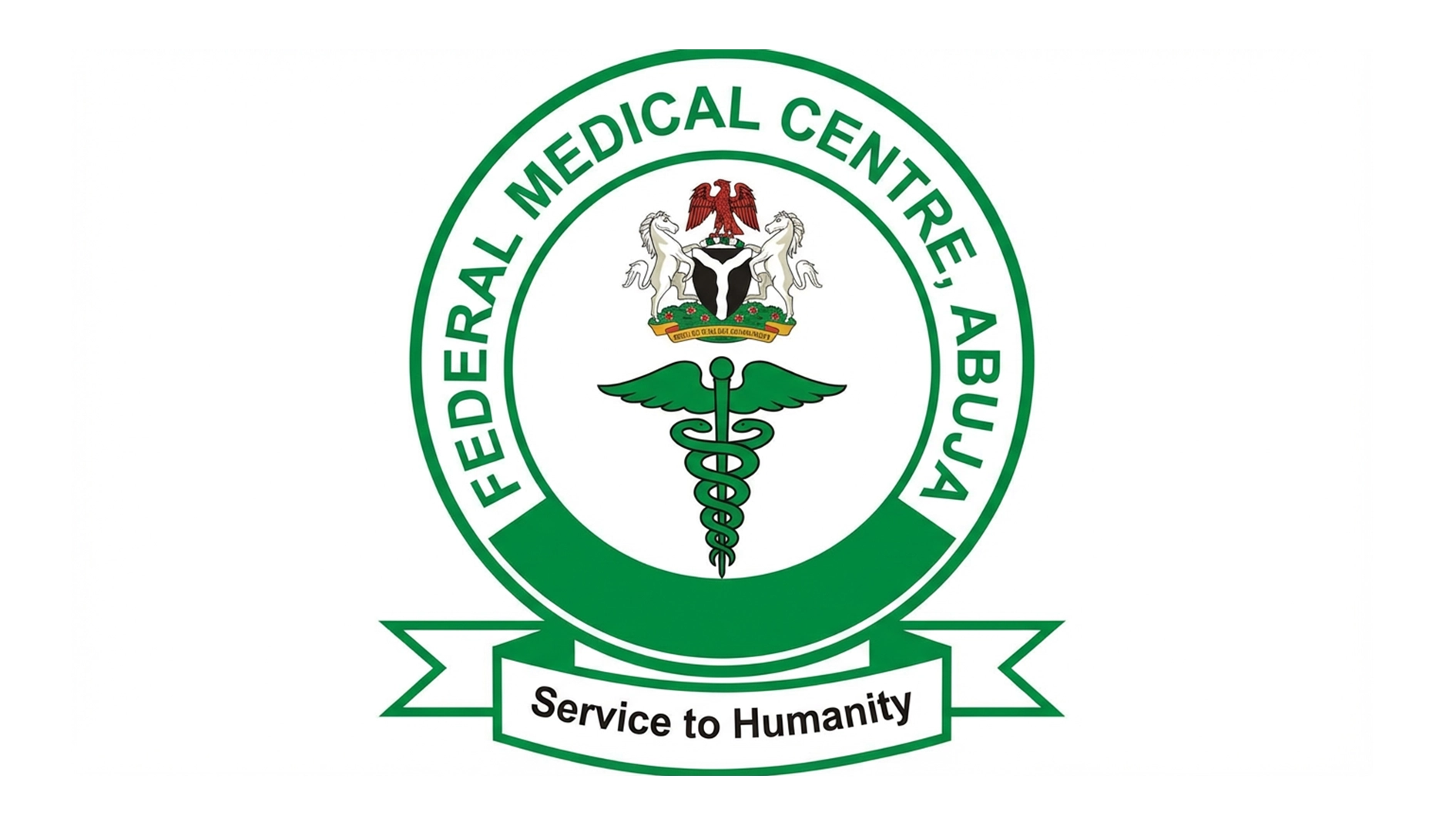
The Federal Government has commenced the process of developing Integrated Health Emergency Operations Centres (EOCs) that will coordinate and respond to disease outbreaks, disasters, and medical and public health emergencies in the country.
Chief Consultant Epidemiologist, Federal Ministry of Health and Social Welfare, Dr Ganyu Jamiyu, who disclosed this in Abuja at the closeout ceremony of the DataFI COVID-19 Impact Mitigation project, noted that the country had concentrated more on public emergency operational centres that tackle outbreaks such as Lassa fever, Ebola, among others.
He said there is a need to integrate other emergencies including medical and disaster emergencies into a unified emergency response, as well as states to have well-equipped and functional structures to be able to respond to emergencies.
Jamiyu stated that the government, through the support of Data FI had assessed the EOCs in the 36 states and the Federal Capital Territory (FCT), and discovered that some of them do not have any structure for the centres.
“We need to bring on board all major stakeholders. Before now, we have Polio’s Emergency Operational Centres and National Emergency Management Agency (NEMA), it is like we are duplicating efforts and wasting resources but by coming together, we harmonise those resources, and ensure the centres are more equipped to respond to emergencies in the country.”
Jamiyu noted that many states are showing interest in establishing functional EOCs, requesting technical assistance and appealing to the USAID to scale up the project rather than closing out.
Earlier, the Senior Regional Manager, West & Francophone Africa, Data FI, Dr Dauda Dauda, explained that Data.FI is a multi-year global initiative funded by USAID and the U.S. President’s Emergency Plan for AIDS Relief (PEPFAR), adding that the organisation has been instrumental in improving the efficiency and effectiveness of service delivery across healthcare facilities in the country.
He noted that the project, which objective was to expedite and sustain access to high-quality data, facilitating the effective control and management of HIV and COVID-19 epidemics, is being implemented by a consortium of partners led by Palladium and serves as USAID’s primary mechanism for strengthening data, technology, and support health programmes.
The project, according to him, leverages the transformative potential of digital health and analytics to enhance health outcomes across various critical programs, including HIV, Orphans and Vulnerable Children (OVC), COVID-19, and disease surveillance within the Global Health Security/One Health Agenda.
He stated that with the advent of the COVID-19 pandemic, USAID funded the Data FI project in April 2020 to provide time-limited support to the COVID-19 response in Nigeria, as well as helped to set up EOCs) in eight states (Adamawa, Akwa Ibom, Bauchi, Edo, Cross River, Kano, Niger, and Oyo) and provided high-impact analytics to guide the COVID-19 response in these states.






